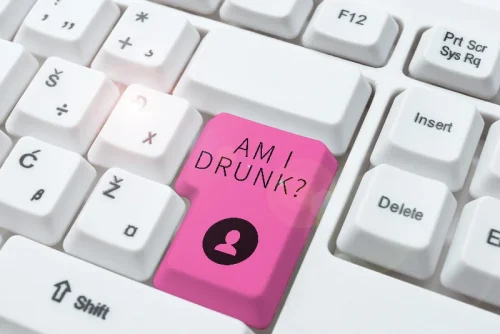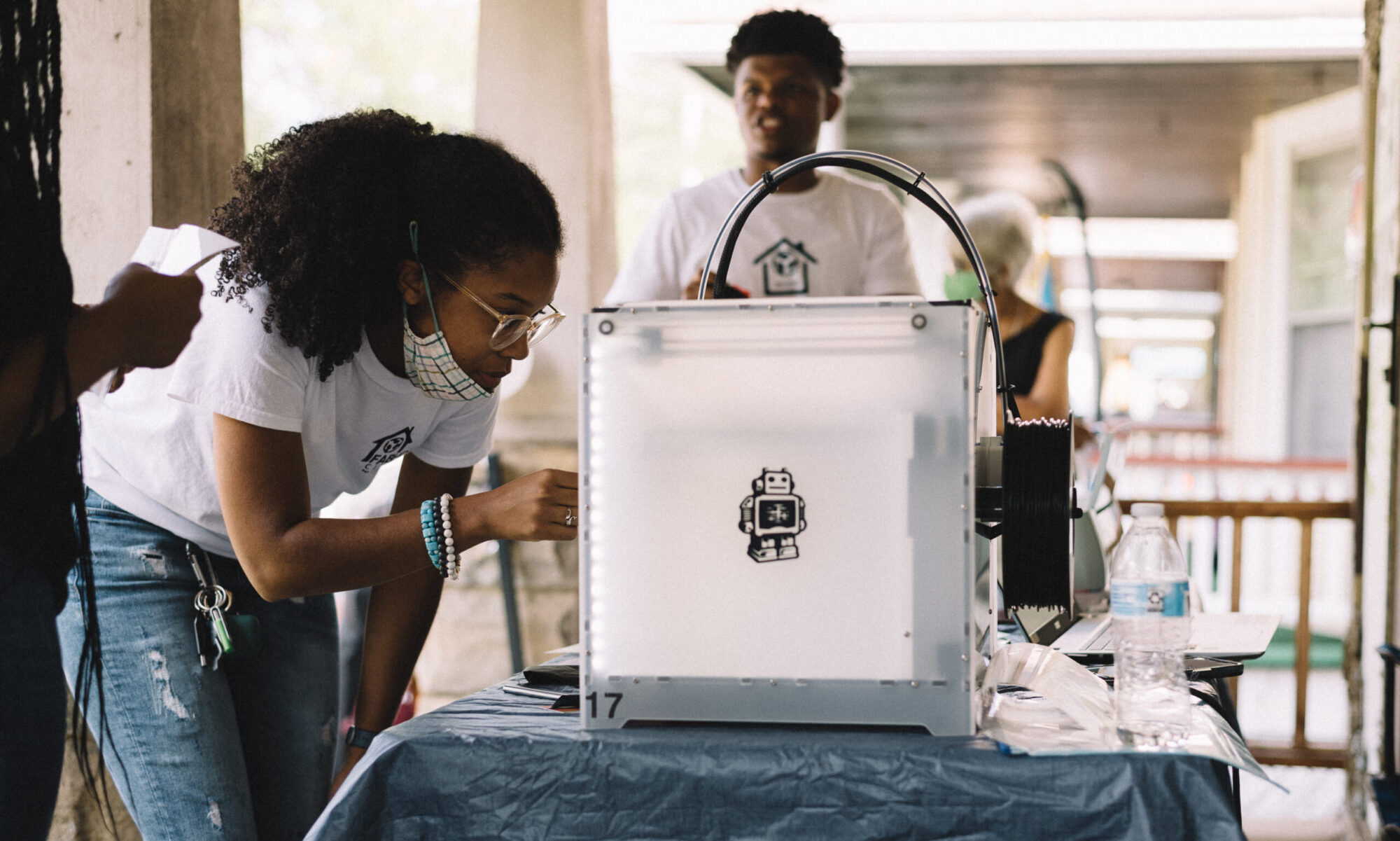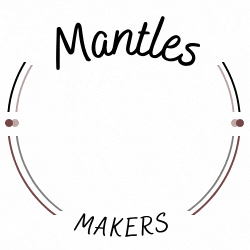
This section explores strategies for self-forgiveness and ways to cultivate self-compassion. Shame and guilt are common emotions experienced by individuals in recovery. While they may seem similar, they convey different feelings. Guilt is related to a specific action, acknowledging negative feelings about something one has done. In contrast, shame conveys a deeper sense of inadequacy, suggesting that one is unworthy or not good enough as a person.
- It can come from a variety of life events, milestones and activities.
- In this blog post, we’ll explore the impact of shame and guilt on addiction recovery and provide strategies for overcoming these emotions.
- Support groups serve as a safe haven for those overcoming addiction.
- In the journey of recovery, addressing feelings of shame and guilt is crucial to fostering healing and growth.
- You look at a functional MRI brain scan of somebody with an active addiction.
Stigma

It seems like people usually speak about these in the same light, though they are different. They are both common feelings which can come from addiction or drug abuse. When you enter drug or alcohol treatment in Easton PA, you’ll explore the underlying reasons for your substance use. Shame and guilt often surface, but your counselor, therapist and/or peers can help you confront these feelings. =https://ecosoberhouse.com/ When you acknowledge your emotions and avoid escaping through drugs or alcohol, you can get to a place of healing. This social isolation can be devastating for someone in recovery.

Guilt And Shame In Recovery: Top 10 Tips to Overcome Them

The 4th step out of The AA Big Book asks us to face our past with honesty by creating a fearless moral inventory. This step plays a crucial role in helping us uncover the shame and guilt that have accumulated through our actions and beliefs. It provides the opportunity to reflect on our behaviors, fears, and resentments without judgment, allowing us to begin releasing the emotional weight we’ve been carrying.
- Shame and guilt often act as emotional anchors, keeping us tied to the past and making it difficult to experience true freedom in recovery.
- As a result, this stigma becomes a significant barrier, preventing many from seeking the help they need to begin or continue their recovery journey.
- “Is detox right for me?” Explore the importance, benefits, and types of drug detox programs to make an informed decision.
- Understanding and finding ways to overcome them is crucial for a successful recovery.
- Knowing the kind of emotion you are dealing with will help you to address shame at its core.
- Understanding and letting go of the pressure for perfection—whether with family or friends—can help manage expectations, ease guilt and shame, and create space to fully enjoy the present moment.
- Understanding the gender dynamics in shame and tailoring mental health treatments to address the specific needs of women is crucial for fostering a supportive and empowering recovery environment.
Those who have had an active addiction often battle guilt and shame.
But what’s interesting since I developed a CD, probably four years ago, my practice has continued to develop guilt and shame in recovery and I probably will do a second revision of this. But I knew that for me, in recovery, that mindfulness would be one of the resources I really wanted to explore. So I did my due diligence and found a group that focused on mindfulness approaches to addiction, and it was called refuge recovery. It’s actually more aligned probably with a Buddhist approach to recovery. And I’m kind of equal parts Christian by background and Buddhist, that’s both traditions are very valuable to me. When you’re struggling with substance abuse and addiction, you will do things you wouldn’t dream of doing sober, just to survive the day.
Differentiating Guilt and Shame

Guilt may be related to the harmful things you did, but also to the things you promised you’d do and didn’t follow through with. Guilt is an appropriate response to these revelations, but should not be clung to once apologies and amends are made. This situation becomes even more dangerous when substance abuse is a factor.

- Overcoming shame and guilt in addiction recovery is a transformative journey that requires patience, self-compassion and perseverance.
- Some may approach patients with bias, offering less empathy or assuming that people with addiction are not motivated to recover.
- Discover hope through alcohol detox – real stories, transformative experiences, and support systems to guide your journey.
- Using dialectical behavioral therapy to treat addiction is very popular and successful.
- Clean and sober since 2009, Michael is passionate about helping others discover their authentic self and live a life of true freedom and purpose.
And I’d love to hear your thoughts about this, too, is that if brain science tells us that the forebrain goes offline in active addiction, how does anybody recover? And people do and it’s an amazing thing that people still find a way to grab a hold of recovery and marijuana addiction sustain it successfully. He stepped on my foot and looks like like it’s no big deal. And so it ends up leading to a breakdown in relationships because the person that shamed they don’t necessarily look like they’re alarmed because they’re in a freeze response. I think about this sometimes and I would say this to parents, is that when your son or daughter is trapped in an addictive cycle, you can bet your bottom dollar.
- Guilt arises from regret over specific actions or behaviors, such as overindulging at a holiday event or failing to meet family expectations.
- Shame and substance abuse aren’t a good mix, though they commonly occur especially in early recovery.
- Hadiah is a counselor who is passionate about supporting individuals on their journey towards mental well-being.
- These steps are designed to support individuals in their journey of self-forgiveness and healing.

